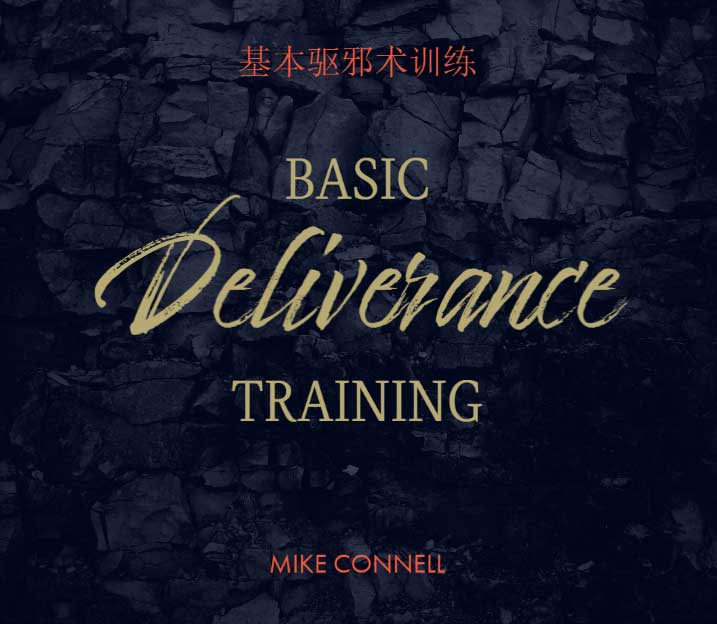 Many problems we have in life come from traumatic experiences, which have often happened in early childhood: in the womb; early childhood; or during school years. These experiences tend to shut us down, and control the memory of the trauma. We do not realise that these experiences are actually controlling you: relationships; reactions; and approach to life. The effect of these traumatic experiences can only be overcome and healed through prayer; by exchanging old memory pictures with scripture memorisation; and by inviting the Holy Spirit and the truth into the situation - for total restoration in Jesus name!
Many problems we have in life come from traumatic experiences, which have often happened in early childhood: in the womb; early childhood; or during school years. These experiences tend to shut us down, and control the memory of the trauma. We do not realise that these experiences are actually controlling you: relationships; reactions; and approach to life. The effect of these traumatic experiences can only be overcome and healed through prayer; by exchanging old memory pictures with scripture memorisation; and by inviting the Holy Spirit and the truth into the situation - for total restoration in Jesus name!
[Intro/Review]
Great to see what God is doing. I want to try to conclude with a teaching part in this first session, so we have room to work with the Holy Spirit in the second session. So, if we just go back again and just quickly outline what we did – we looked at Jesus’ teaching on deliverance; how deliverance is a manifestation of the kingdom; and that in order to minister deliverance, a person has to work with the Holy Spirit, and it requires faith to do that - you must believe that when you come to pray for someone, something will happen. Then we looked at Jesus teaching on what happens after a person is delivered, and we saw that demons, once they’re cast out, will try to re-establish a hold again.
So, we concluded from that, that it’s important a person make changes in their life, so that there’s no structure for the demon to come back to. That meant we need to think beyond just casting out demons, to demolishing demonic structures in the person’s life. We identified 3 major roots that demons use – legal rights, traumatic experiences, and then reactions to traumatic experiences. We saw that there are certain foundations; the bases upon which someone gets free.
The first is the work Jesus did for us - Jesus at the cross, redeemed us. So, you’ll find sometimes the demon will argue – the person belongs to them; so we have to be able to contend, and hold the word of God – this person belongs to Jesus. We saw that there are also personal foundations - we must prepare the person for deliverance; and failure to get a person delivered usually is because we haven’t prepared them very well.
We saw that the person must first recognise what the problem is, and take responsibility for their part in it. If a person won’t recognise what the problem is, and take ownership, you can’t move them any further. All personal change starts when we recognise the need for the change, and take responsibility for our part in it; and we saw so many times that people will come and want you to fix them, but they don’t want to take ownership of why they’re in this mess in the first place. As a minister of deliverance, we need to help them see how they got where they are, and what their part is in getting free.
We saw that: one, the person needs to repent of sin, and confess it. They must turn from sin, and bring it to the cross. Two, they must release forgiveness, and also receive forgiveness. Sometimes people have difficulty forgiving themselves. So forgiveness – firstly receiving forgiveness for themselves; and then release it to others who have hurt them. If a person won’t release forgiveness, they tend to remain in bondage, and you can’t easily set them free.
We saw also, the importance of people renouncing bondages in their life. To renounce means to speak words to cancel something that’s been constructed. So for example, if a person has worshipped an idol, and served an idol, and come into an agreement with a demon, they need to speak words that cancel this agreement. If a person has been dedicated to an idol or a demon, they need to speak words to cancel it. Jesus said: “The words I speak are spirit and life”. So, words are very important.
We saw also, the need for people to actively resist. They can’t be passive (oh, just do something to me). There’s a spiritual warfare that goes on around deliverance; and people must be willing to resist – to make a stand against the devil, and on the side of reaching out to Jesus for freedom.
So, we looked then at some of the structures in the heart; some of the bondages that get established in people’s lives; just so we could identify them, so we would know what needs to be dealt with.
We talked about soul ties – attachments in the soul to people, images, and things. We talked about bitter root judgements, or beliefs in the heart. We talked about inner vows, word curses, where people curse themselves, or they receive cursings from others.
We also shared that when people have trauma, this affects them as well, and traumas have to be dealt with. So, we saw some of the bondages in the heart – soul ties, bitter judgements and expectations, inner vows, traumatic pictures, and word curses. Sometimes people put burdens or expectations on people.